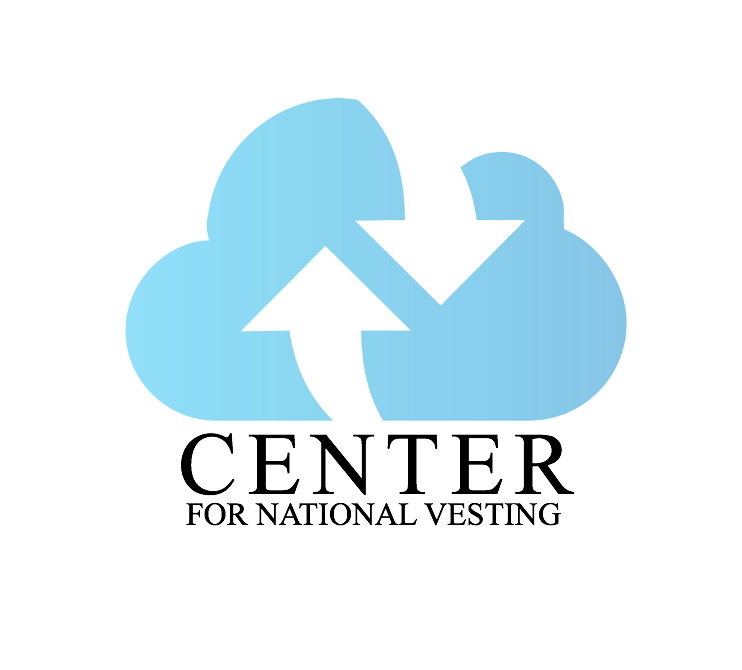CNV’s vested economics plan will make college affordable and less stressful for American families
Guilt is a powerful emotion. And when it comes to the specter of parents paying for their children’s college education, it can be downright overbearing. Some parents—in an effort to keep up with their friends and neighbors sending their kids to upper-crust schools—may take on huge debt.
But do they have to? Ron Lieber, who writes the “Your Money” column for The New York Times, explores this issue in a Feb. 3 piece titled “An Invisible Cost of College: Parental Guilt.” In the column, Lieber says parents feel obligated to pay for their children’s education.
“Many of us seem to go through life with little voices in our heads that repeat the following, softly or maybe emphatically: It is my solemn duty to make sure my offspring get to and through college, and I should pay for it, come what may,” Lieber writes.
Lieber goes on to discuss the mechanics of applying for financial aid and how families fill out the Free Application for Federal Student Aid (FAFSA). The FAFSA ultimately shows an “Expected Family Contribution,” which basically tells parents how much they can expect to put toward the student’s bill.
“Those words are hateful — the great expectations, the presumptuousness around family composition, the notion that this is a gift,” he writes.
But there’s a solution to ridding parents of the unbearable guilt and stress that comes with paying for college. And that solution is the Center for National Vesting.
Vested economics will quite literally change the education system in our country as we know it today. Millions who could not afford college will be able to attend at no cost. How exactly is that achieved?
Robert Whitehair, founder of the Center for National Vesting, has found, through his mathematical formulas, what he calls “a market surplus that now exceeds $15 trillion per year.”
By implementing a vested economy, the market surplus would eventually be distributed to Americans. Under a vested economy, says Whitehair, every U.S. citizen would now be able to receive $100,000 in cash. And that cash can help millions of families pay for college.
Even better, vested economics will enable our country to erase the soaring college debt. According to a story in CNBC, the Federal Reserve “…estimates that in quarter three of 2020, Americans owed more than $1.7 trillion in student loans — an increase of nearly 4% compared to quarter three of 2019.”
Put simply, vested economics can help American families pay for college while eliminating crushing debt. That’s a powerful one-two punch.

